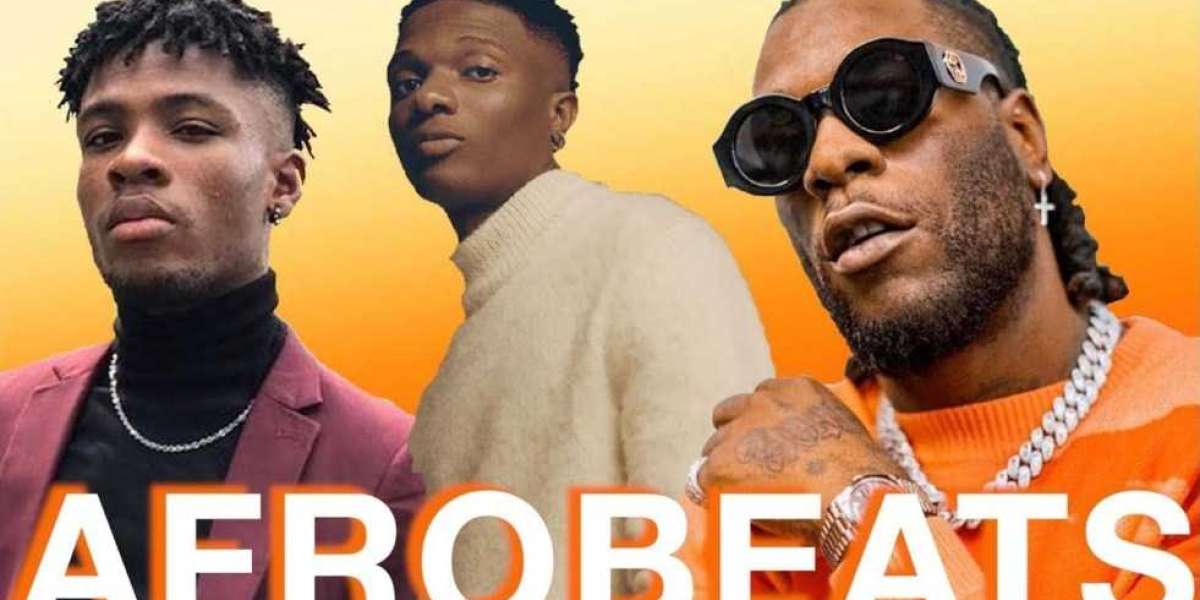Afrobeats is a genre of music that has taken the world by storm, with artists such as Burna Boy, Wizkid, and Davido topping charts and selling out shows across the globe. However, many people are unaware of the rich history and cultural significance of Afrobeats songs. In this article, we will take a journey from Lagos to London, exploring the roots of Afrobeats through its most iconic songs.
The History of Afrobeats
Afrobeats originated in Nigeria in the 1970s and is a fusion of traditional African rhythms, highlife music, jazz, funk, and hip-hop. It is characterized by its infectious beats, hypnotic melodies, and socially conscious lyrics. The term "Afrobeats" was coined by Nigerian journalist DJ Abrantee in 2011 to differentiate it from the Afrobeat music pioneered by Fela Kuti.
The Evolution of Afrobeats
Over the years, Afrobeats has evolved and adapted to incorporate various global influences. In the 1980s and 1990s, it merged with reggae and dancehall music, giving birth to a new sound known as "Afro-reggae." In the 2000s, Afrobeats embraced hip-hop and RB, resulting in a genre known as "Afro-pop." Today, Afrobeats has become a global phenomenon, with artists collaborating with international stars such as Beyoncé, Drake, and Ed Sheeran.
Fela Kuti: The Father of Afrobeats
No discussion of Afrobeats is complete without mentioning Fela Kuti, the man often referred to as the "father of Afrobeats." Born in Nigeria in 1938, Fela Kuti was a multi-talented musician, composer, and political activist.
Fela Kuti's Early Life and Music Career
Fela Kuti grew up in a musical family and studied music in London in the 1950s. He returned to Nigeria in the 1960s and formed his band, Koola Lobitos, which played a fusion of jazz and highlife music. In the 1970s, Fela Kuti developed his signature sound, incorporating elements of funk, soul, and traditional African rhythms.
Fela Kuti's Political Activism
Fela Kuti was also known for his outspoken political activism. His music was a reflection of his views on social justice and human rights, and he used it as a tool to speak out against corruption, oppression, and injustice. He was arrested numerous times by the Nigerian government and was even thrown from a second-story
prison cell in 1977, which led to his popular song "Zombie" that criticized the Nigerian military regime.
Fela Kuti's Legacy
Despite his passing in 1997, Fela Kuti's influence on Afrobeats is undeniable. His music continues to inspire and influence new generations of artists, and his political activism has had a lasting impact on the Nigerian music industry.
The Rise of Afrobeats in Nigeria
In the early 2000s, Nigerian artists such as D'banj and P-Square began incorporating Afrobeats into their music, leading to the rise of the genre in Nigeria. The introduction of music videos and social media platforms such as YouTube and Instagram also played a significant role in promoting Afrobeats.
Afrobeats Goes Global
Afrobeats began gaining international attention in 2012 when D'banj signed a record deal with Kanye West's GOOD Music. Since then, Afrobeats has continued to grow in popularity globally, with artists such as Burna Boy and Wizkid performing at major music festivals and collaborating with international stars.
The Most Iconic Afrobeats Songs
Here are some of the most iconic Afrobeats songs that have had a significant impact on the genre:
"Zombie" by Fela Kuti
"Zombie" was released in 1976 and criticized the Nigerian military regime, comparing them to zombies. It became one of Fela Kuti's most popular songs and is still played in nightclubs and at parties today.
"Water No Get Enemy" by Fela Kuti
"Water No Get Enemy" was released in 1975 and is a celebration of the power of water. Its infectious beat and catchy chorus have made it one of Fela Kuti's most beloved songs.
"Lady" by Fela Kuti
"Lady" was released in 1972 and is a tribute to the strength and beauty of African women. Its message of female empowerment and uplifting melody have made it a timeless classic.
"Oliver Twist" by D'banj
"Oliver Twist" was released in 2012 and was a major hit in Nigeria and the UK. Its catchy chorus and danceable beat helped bring Afrobeats to a wider audience.
"Fall" by Davido
"Fall" was released in 2017 and became one of Davido's biggest hits. Its smooth melody and romantic lyrics have made it a fan favorite.
"Ye" by Burna Boy
"Ye" was released in 2018 and became a major hit both in Nigeria and internationally. Its catchy chorus and upbeat tempo have made it a staple in clubs and at parties.
"Ojuelegba" by Wizkid
"Ojuelegba" was released in 2014 and is a tribute to Wizkid's hometown in Lagos. Its uplifting melody and relatable lyrics have made it a fan favorite.
"Johnny" by Yemi Alade
"Johnny" was released in 2014 and became a major hit across Africa. Its catchy chorus and playful lyrics have made it one of the most popular Afrobeats songs of all time.
The Future of Afrobeats
As Afrobeats continues to gain global attention, the future looks bright for the genre. With new artists emerging and collaborations with international stars, Afrobeats is sure to continue to evolve and grow in popularity.
Conclusion
Afrobeats is a genre of music that has a rich history and cultural significance. From its origins in Nigeria to its global popularity today, Afrobeats has had a profound impact on the music industry.








